Jhalokathi, July 22 (V7N) — Since its establishment in 2020 with only a handful of nursing teachers and one office staff member, the largest nursing college in southern Bangladesh, located in Jhalokathi, has been plagued by allegations of mismanagement and internal conflicts. Several experienced teachers have transferred to other institutions, and due to lack of proper appointments, the academic activities have suffered significantly.
Students of the nursing college have raised serious concerns that senior staff nurses and nurses with no prior teaching experience are being appointed as instructors, resulting in a compromised quality of education. The current acting principal, Geeta Rani Samaddar, a senior staff nurse from Nolchiti Upazila Hospital, has been managing the institution for the past four years without previous academic experience. Although teachers are expected to arrive at 8 a.m., many show up between 9 and 10 a.m. and leave early, often between 1 and 1:30 p.m., disrupting the regular class schedule.
Several students expressed their anxiety over irregular classes, late arrivals and early departures of teachers, inconsistent laboratory sessions, and overall negligence by the faculty. They claim this situation deprives them of proper training, which could lead to a shortage of skilled nurses in the future and negatively impact the country’s healthcare system.
Due to irregular classes, students often cannot complete the syllabus on time. Practical training, a critical component of nursing education, is frequently missed, forcing students to rely heavily on theoretical lessons. One student commented, "You cannot learn nursing just by reading books. You must learn hands-on how to work in front of patients. But we are not getting that opportunity properly." Students also reported waiting long hours in classrooms without receiving instruction.
Moreover, many students criticized the teaching quality, saying that some instructors fail to explain subjects adequately and often instruct students to study online by themselves. This leaves students to study independently without proper guidance.
These conditions have led to growing frustration among students, who fear for their future careers. Parents are also worried about the declining quality of nursing education. Nursing is not only a profession but a critical pillar in healthcare, providing life-saving support and emotional care to patients. Inadequate training risks lowering the quality of patient care and depriving the public of essential health services.
Students further revealed that many teachers commute from Barisal but do not arrive on time or leave early to shop in the local markets, undermining the discipline of the institution. One local student said, “Because the college is near my home and has a pleasant environment, I chose it as my first choice. But now I feel I made a huge mistake enrolling here. We are struggling even to understand the curriculum in our second year.”
Experts stress the importance of nursing in the healthcare sector, ranking it just below physicians in contribution. Neglecting nursing education weakens the entire health system. Nursing is both a humanitarian and technical profession that demands responsible and committed teachers to develop students’ professional skills.
Locals have questioned whether such a large nursing college with so many problems exists elsewhere in Bangladesh. They argue that an incompetent principal cannot effectively guide teachers to improve educational quality.
Despite these challenges, students hesitate to voice their concerns publicly. They believe speaking out is futile, citing previous inspections by the Nursing and Midwifery Directorate that led to no corrective action. They say, “We will graduate and leave, but new students will face the same problems. There are no rules or discipline here. We came here leaving our families to study, but we did not expect to be under such irresponsible teachers. Many instructors also take unauthorized classes at private nursing colleges.”
When approached for comments, acting principal Geeta Rani Samaddar said, “I am trying my best to improve the institution. We currently have no permanent teachers or staff; there are no accountants, office assistants, peons, or night guards. We are running academic activities with seven teachers borrowed from other institutions. I have communicated this to the Directorate General of Nursing and Midwifery (DGNM). Last month, 38 new staff positions were created for this college. Some teachers live far away, so they arrive late sometimes. We will be more conscientious moving forward.”
END/AIJ/SMA/



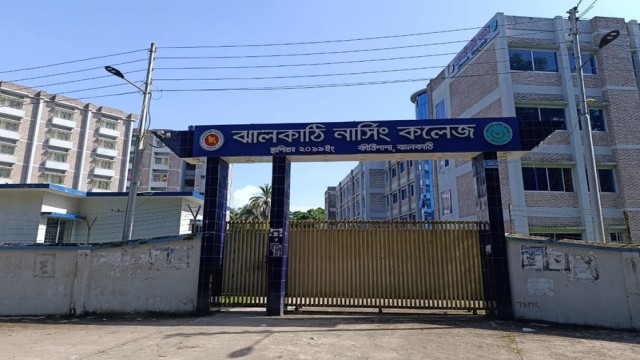
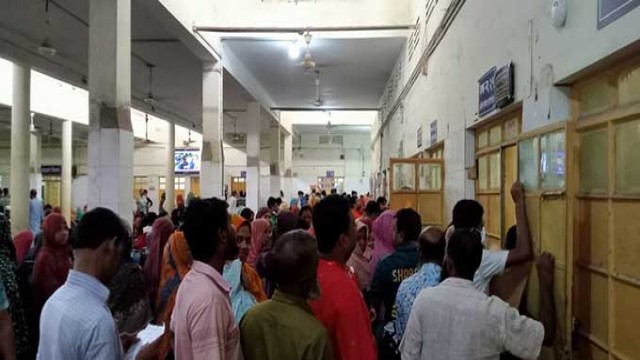
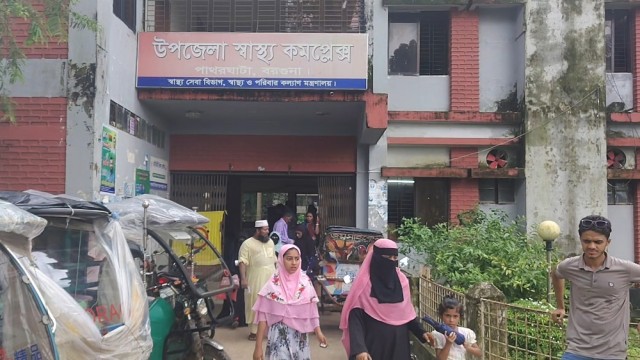


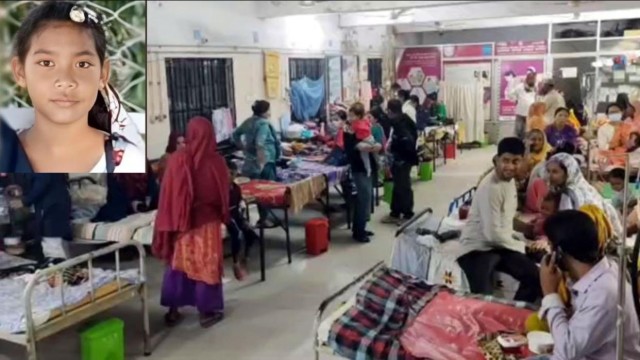
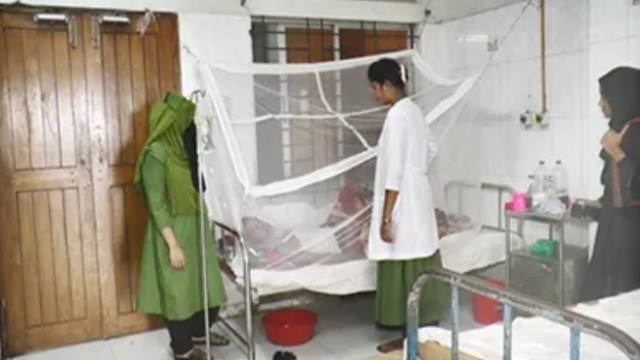


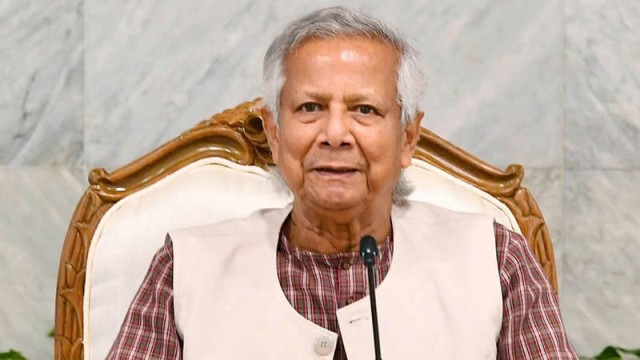
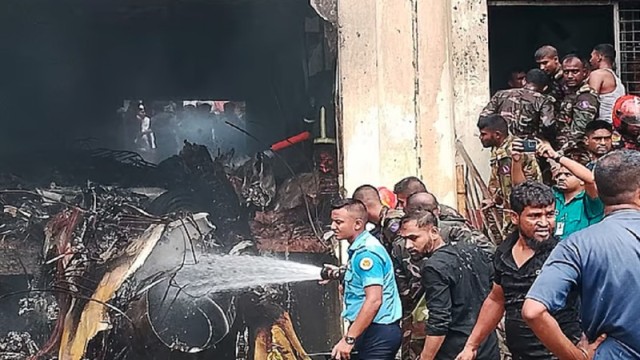
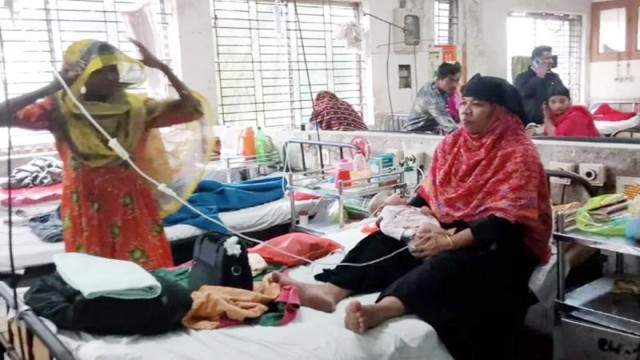

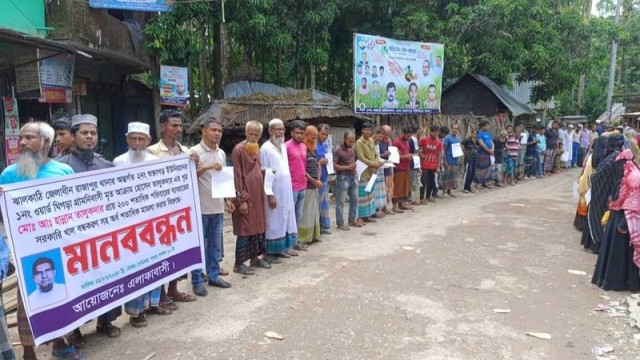
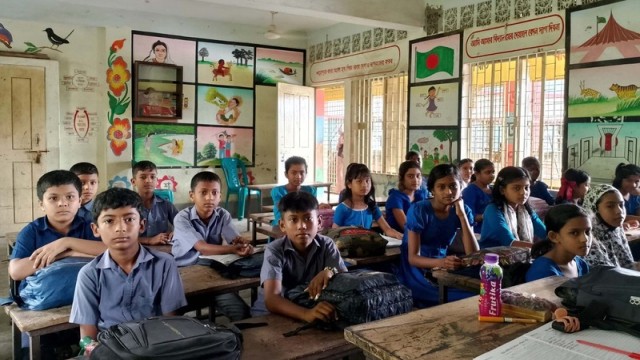




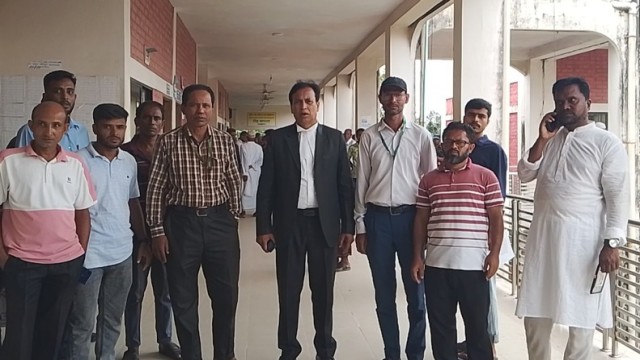

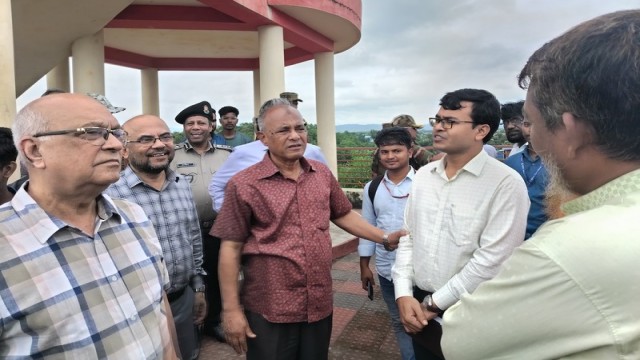

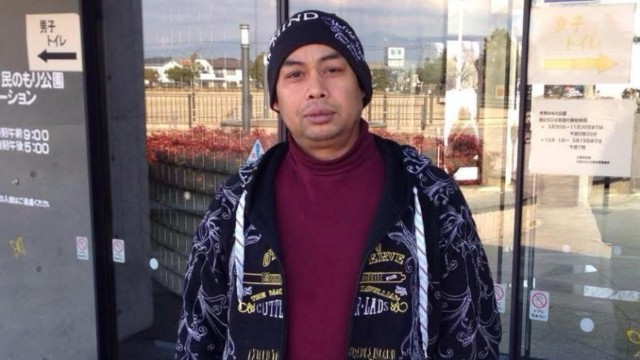

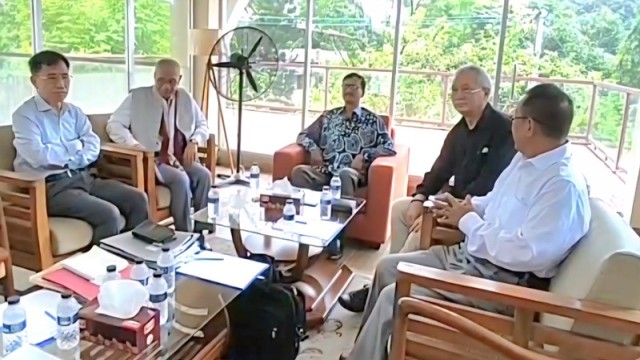

Comment: